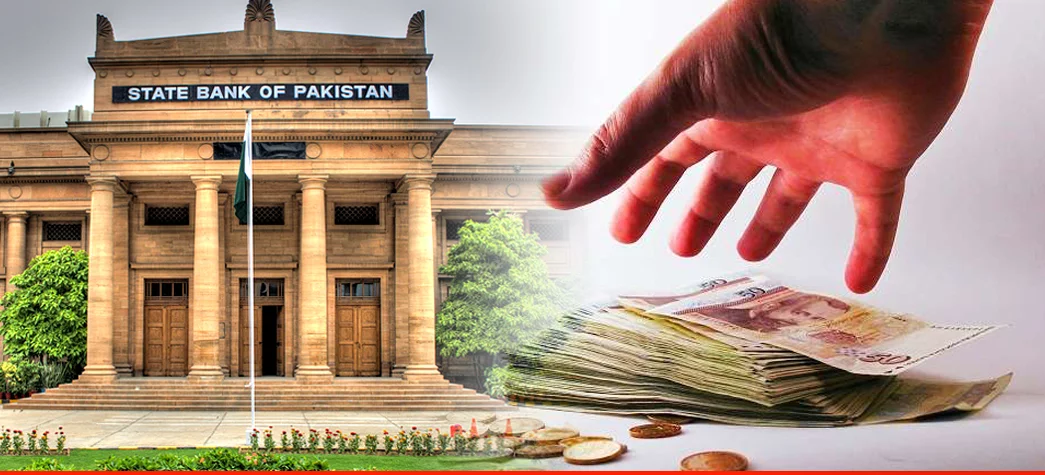The International Monetary Fund (IMF) has cautioned Pakistan against establishing a favored investor group or introducing distortions through the Special Investment Facilitation Council (SIFC). The IMF emphasizes the importance of transparency and accountability in the country’s business dealings, advising against the formation of preferred investor entities.
Deputy Chairman Planning Commission, Dr. Jehanzeb Khan, conveyed that the IMF mission, during discussions with economists and journalists, questioned the necessity of creating an additional institution like SIFC. Concerns were raised about the potential for distressed asset sales and the advisability of engaging preferred investors. The IMF stresses that transparency and accountability must take precedence in such matters.
Dr. Khan underscored the significance of implementing the IMF program in the country’s best interest. He assured that the public had already borne the full burden of the program and its backlog. Now, the focus should shift towards facilitating ease in economic matters. He identified past issues as stemming from delays or incomplete implementation of necessary adjustments.
Addressing concerns, Dr. Khan noted that administrative measures against foreign exchange hoarding and speculative pricing due to cross-border activities have significantly assisted in determining the real value of the rupee in imperfect markets.
Sources reveal that the IMF and Pakistani authorities covered most policy areas during discussions, with a few remaining concerns. Clarifications were exchanged, and both parties aimed to finalize the Memorandum of Economic and Financial Policies (MEFP) on a positive note, expecting a conclusion by Wednesday.
The IMF staff mission plans to present Pakistan’s case to the executive board for approval of the successful completion of the first quarterly review under the nine-month $3 billion Standby Arrangement signed in July. Approval would pave the way for the disbursement of the $710 million second tranche early next month.
Additionally, on the sidelines, the federal cabinet is anticipated to implement a windfall tax on banks, targeting their exceptional earnings from volatile foreign exchange business in the previous year. This move aligns with ongoing efforts to ensure financial stability and fair economic practices.
In conclusion, Pakistan is navigating through IMF recommendations and economic reforms, emphasizing transparency, accountability, and prudent financial policies to enhance its standing in the global economic landscape.




